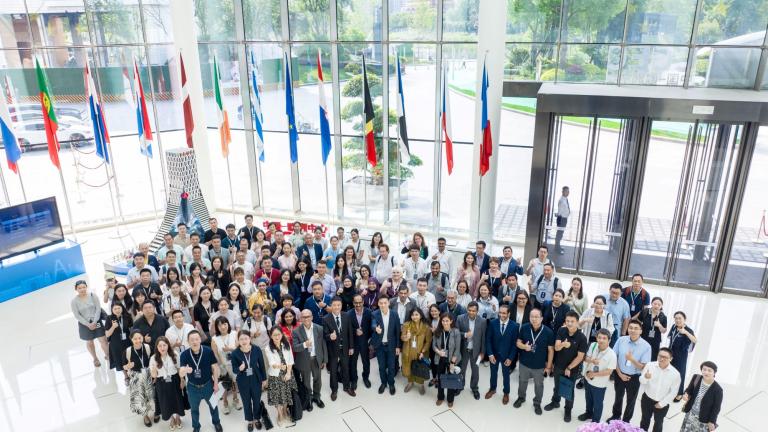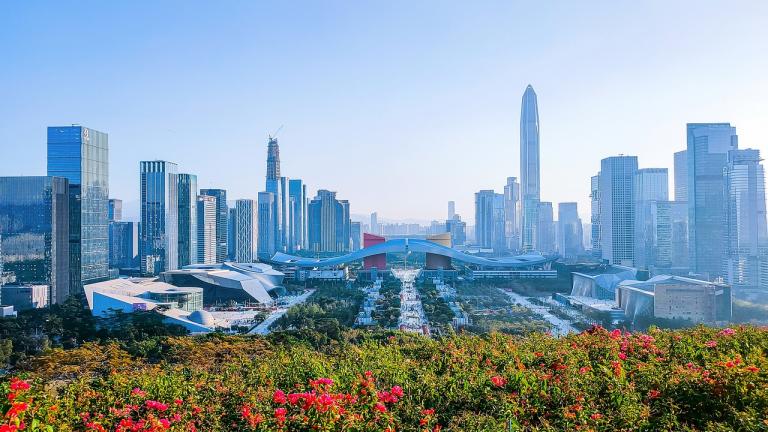Second National Dialogue for China
The second China National-Local Dialogue (NLD) aims to deepen the conversation on low-emission and urban resilience and biodiversity, and assess progress made since the first Dialogue.
The first National Dialogue in November 2022 incorporated a technical session on urban biodiversity and low carbon development with the goal of improving multilevel governance and addressing specific urban challenges and opportunities. Two years after the first NLD, the second China National-Local Dialogue takes place along the sidelines of the International High-Level Forum on Sustainable Urban Development hosted by the China Center for Urban Development (CCUD) of National Development and Reform Commission (NDRC). Echoing the topics of the first one, the second NLD focuses on low-carbon development and urban resilience and biodiversity.
Convening representatives from the CCUD, Ministry of Ecology and Environment and NGOs partners like the UN-Habitat and Red Cross, ICLEI East Asia Secretariat, and the cities of Chengdu, Chongqing, and Ningbo, this dialogue facilitates a comprehensive discussion among national and local government participants. This NLD fosters integration of urban issues in sustainable development to foster green, low-carbon, and high-quality growth and build a livable, resilient, and people-centered city.

What's Next for the UrbanShift Network?
As the UrbanShift Global Platform concludes, the next phase of the GEF Sustainable Cities Impact Program will build on the momentum and progress for sustainable and resilient cities.

How Ningbo is Paving the Way for Sustainable Development and Tourism
With the revitalization of Hangzhou Bay Wetland Park, Ningbo is proving the value of biodiversity-focused urban development.

Empowering Cities to Shape Climate Goals: Lessons from the UrbanShift China City Academy
On 1-3 July 2025, the Academy brought together over 120 participants from cities in China, India, Malaysia, Mongolia, and the Philippines, alongside national government representatives.

UrbanShift Peer-to-Peer Exchange: Shenzhen Low Carbon City Forum
Targeting Asian cities, the event will discuss City-Business Cooperation in renewable energy, sustainable infrastructure, and the circular economy.

